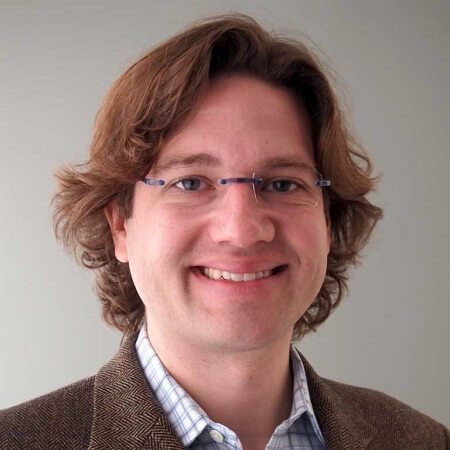Jason Kelly is Director of the IUPUI Arts and Humanities Institute and Chair and Professor of History in the Indiana University School of Liberal Arts at IUPUI. He is also an Adjunct Professor of Africana Studies and American Studies. He is a Fellow of the Society of Antiquaries of London and a Fellow of the Royal Historical Society.
As Director of the IUPUI Arts and Humanities Institute, Professor Kelly supports IUPUI’s research mission by directing the IAHI grant programs, identifying and fostering transdisciplinary research collaborations, and organizing research workshops and symposia. Additionally, he facilitates public arts and humanities partnerships, including research projects, performances, lectures, and exhibitions.
Professor Kelly’s current research projects focus on the histories of the environment, sciences, and art and architecture. He leads The Anthropocenes Network, an international, transdisciplinary, collaborative network committed to developing innovative interventions in environmental research, pedagogy, and policy. The Anthropocenes Network is home to several projects including 1) Rivers of the Anthropocene, a research project focused on global freshwater systems and policy; 2) Voices from the Waterways, an oral history project; 3) The Anthropocene Household, a community-based research project that uses the household as a way to understand the lived experiences, knowledges, and practices associated with environmental change; and 4) Museum of the Anthropocene, an experimental platform to develop multi-sited, synchronous, interactive, networked environmental installations.
Professor Kelly directs The Cultural Ecologies Project, a research program and PhD track that works with community stakeholders to study and design cultural interventions across multiple scales — from the personal to the neighborhood to the city level. Most recently, he founded The Covid-19 Oral History Project, a rapid-response research collaboration that archives the lived experiences of the Covid-19 pandemic.


